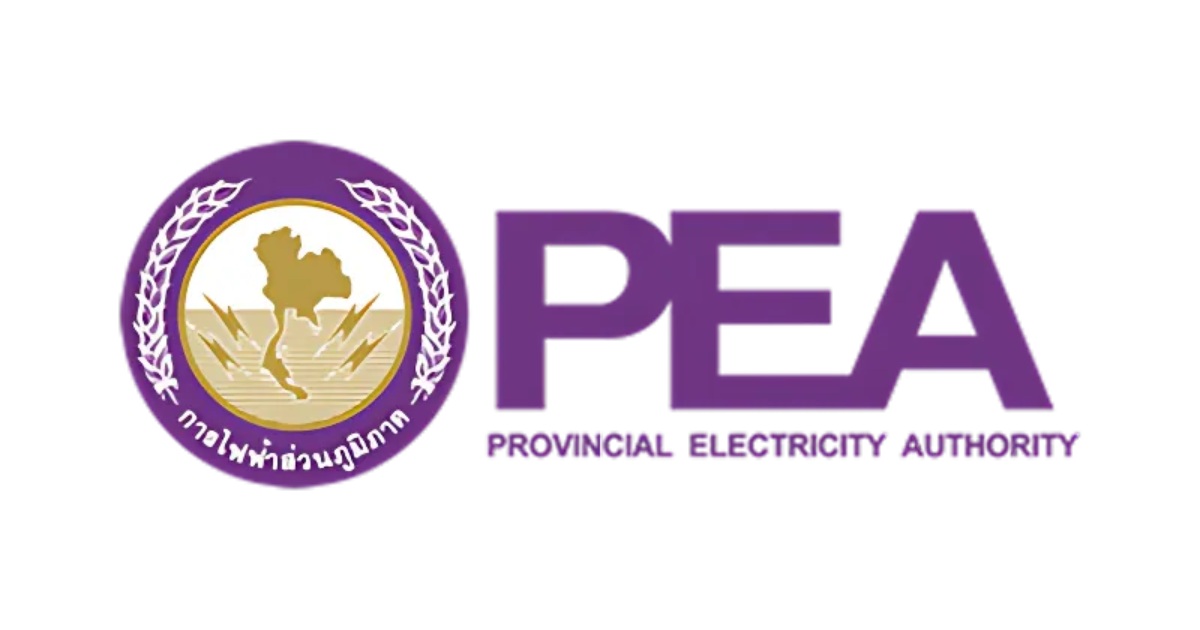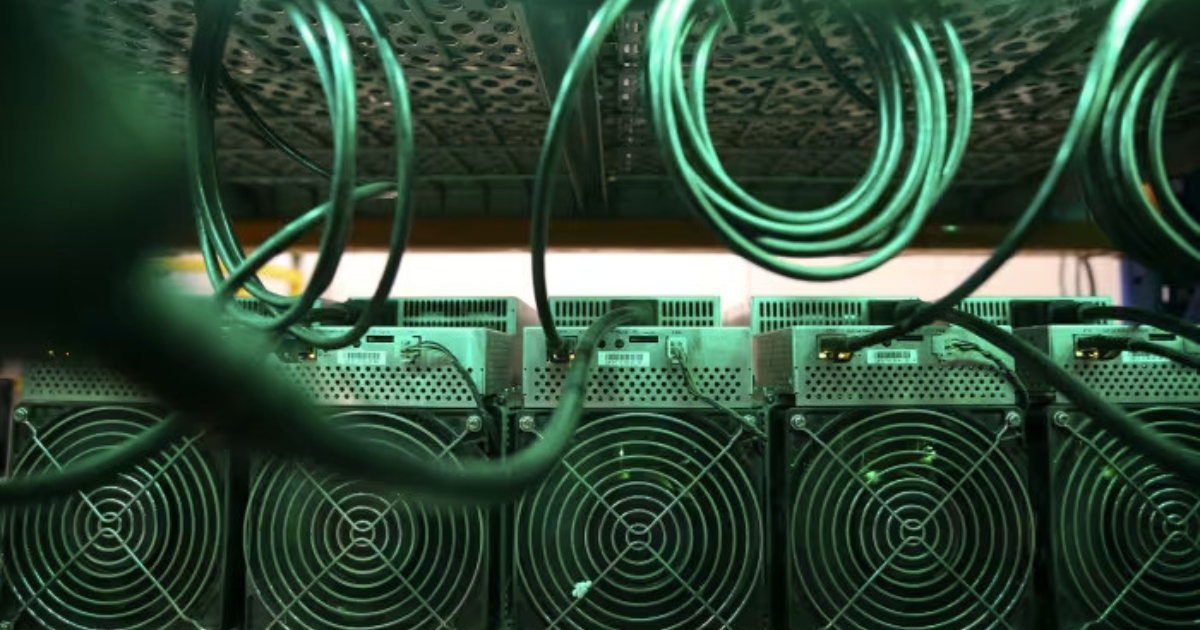A large Thai Bitcoin mining operation has been uncovered and closed down by officials in Chonburi’s Phanat Nikhom district. It was also the biggest seizure of mining machines in what is being hailed as an unprecedented crackdown on electricity theft that is connected to cryptocurrency activity.
This has been one of the biggest cryptocurrency mining busts Thailand has seen to date.
Key-Takeaways:
- For stealing $3 million of electricity, a major Thai Bitcoin mining operation in Chonburi was shut for having 996 mining machines.
- Growing illegally across Southeast Asia, Thailand is clamping down on illegal mining, shutting down illegal operations in order to protect public utilities.
Operation Details and Scale of Theft
 The Thai Bitcoin mining operation was revealed by the Crime Suppression Division (CSD) and the Provincial Electricity Authority (PEA). Investigators said that power meters had been connected in such a way as to hide the operation and steal electricity in enormous quantities.
The Thai Bitcoin mining operation was revealed by the Crime Suppression Division (CSD) and the Provincial Electricity Authority (PEA). Investigators said that power meters had been connected in such a way as to hide the operation and steal electricity in enormous quantities.
Final calculations on the electricity theft are pending, but officials say the loss amounted to hundreds of millions of baht, equivalent to about $3 million USD. Yet the scale of the theft is a sign of the financial damage that such illicit operations can do to public resources and infrastructure.
Inside the facility were 996 Bitcoin mining machines, running in a clever scheme to stay under the radar. This is one of the most sophisticated illegal mining setups in the region and calls for tighter oversight and policing.
It operated carefully and had a calculated plan for missing the radar’s eye. Staff admitted to authorities that power meter manipulation primarily occurred at night when they had less of an eye on them.
Electricity consumption by the facility was of normal ‘daytime’ patterns, blending with other users during the day. The illegal Bitcoin mining operation ran more or less undetected long enough for the business to accumulate substantial profits using this strategic approach.
Regional Cryptocurrency Mining Violation Pattern
 The growing phenomenon of illegal Bitcoin mining operations across Thailand and Southeast Asia is once again brought to light. Last year, Thai authorities designated some major raids, in particular in Samut Sakhon, where police seized equipment worth a total of 69 million baht.
The growing phenomenon of illegal Bitcoin mining operations across Thailand and Southeast Asia is once again brought to light. Last year, Thai authorities designated some major raids, in particular in Samut Sakhon, where police seized equipment worth a total of 69 million baht.
The Chonburi Bitcoin mining operation is just the latest in an escalating enforcement effort targeting an apparent connection between electricity theft and cryptocurrency activities. Officials earlier this year closed down nine illegal mining farms in southern Thailand, which collectively bilked over €270,000 worth of electricity.
Though these cases are significant, they highlight the tremendous financial and infrastructural strain that illicit mining operations place on their societies. Authorities are increasing efforts to monitor and respond to the growth of these increasingly sophisticated technologically sophisticated schemes.
These operations show just how big taking to the cryptocurrency mining game has become for Thailand in the global cryptocurrency mining landscape. Cambridge University’s Judge Business School says despite the contribution of 0.97% into global Bitcoin production, the country has become a hot spot for mining activity.
But while illegal operations have wreaked havoc on Thailand’s power infrastructure, their impact is very small compared with this relatively small market share. It shows how stressful on resources it’s becoming for unauthorized mining activities and how important it is to enforce stricter regulation and rules overall.
The problem of illegal cryptocurrency mining isn’t limited to Thailand. Between 2018 and 2023, Malaysia, neighboring Vietnam, also reported about $754 million in dollar losses from unauthorized mining operations in the country.
These figures demonstrate the regional scale of the problem and put huge pressure on Southeast Asian authorities. Those illicit activities are increasingly difficult to handle without cross-border cooperation.
The country’s digital asset industry finds itself at a critical time when the crackdown on illegal mining begins. The authorities are taking measures to save public assets.
These regulations also apply to Thailand, which is refinishing its cryptocurrency regulations to support legal businesses. This approach strikes the right balance between innovation and reduction of capacity strain.
Conclusion
Thai Bitcoin Mining Operation comes on an occasion when Thailand has its first steps in regulating cryptocurrency mining. Authorities are increasing efforts to monitor and enforce the electricity theft in digital asset space.











